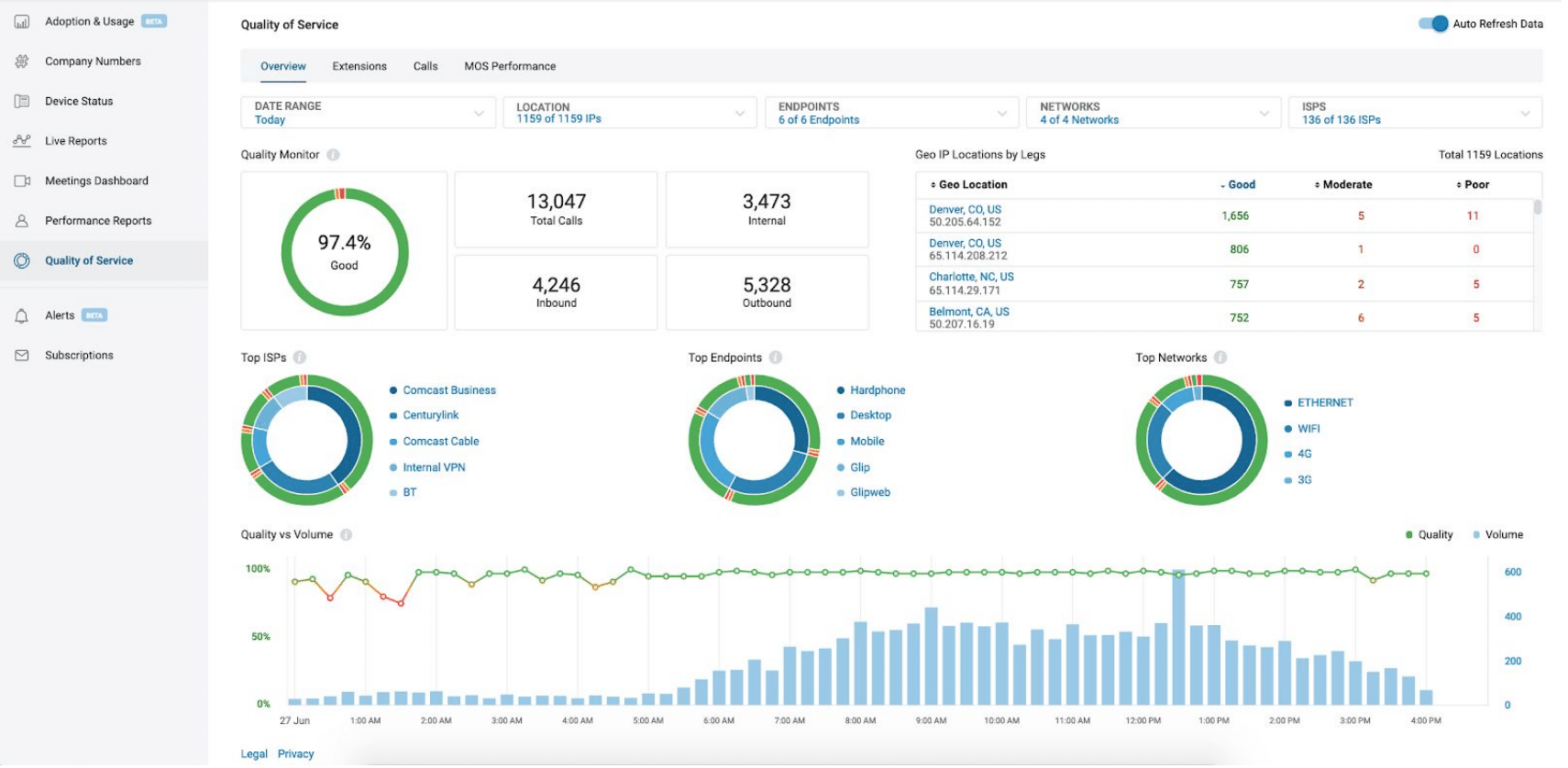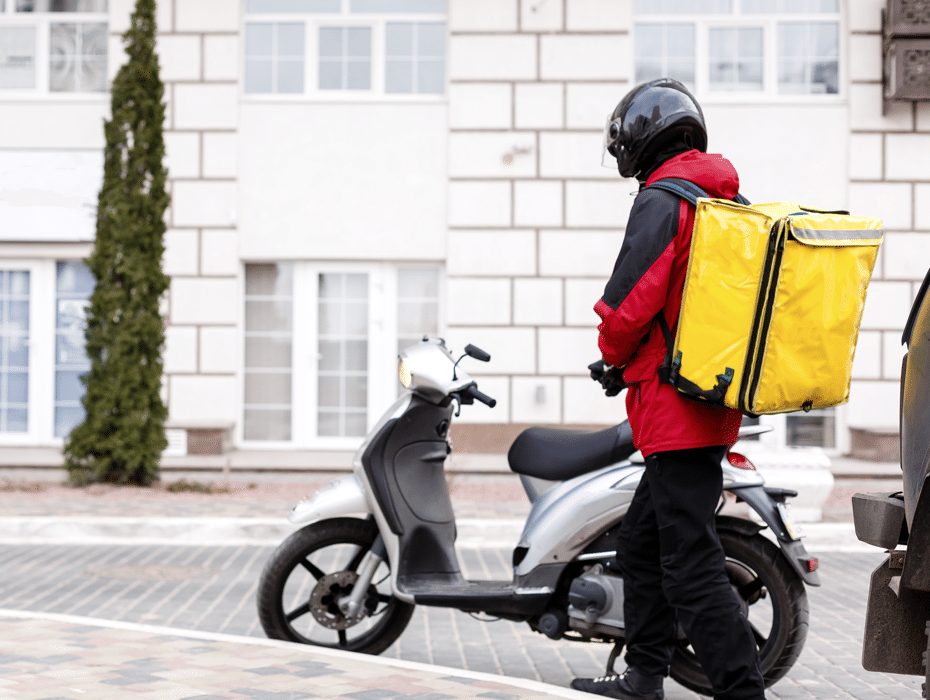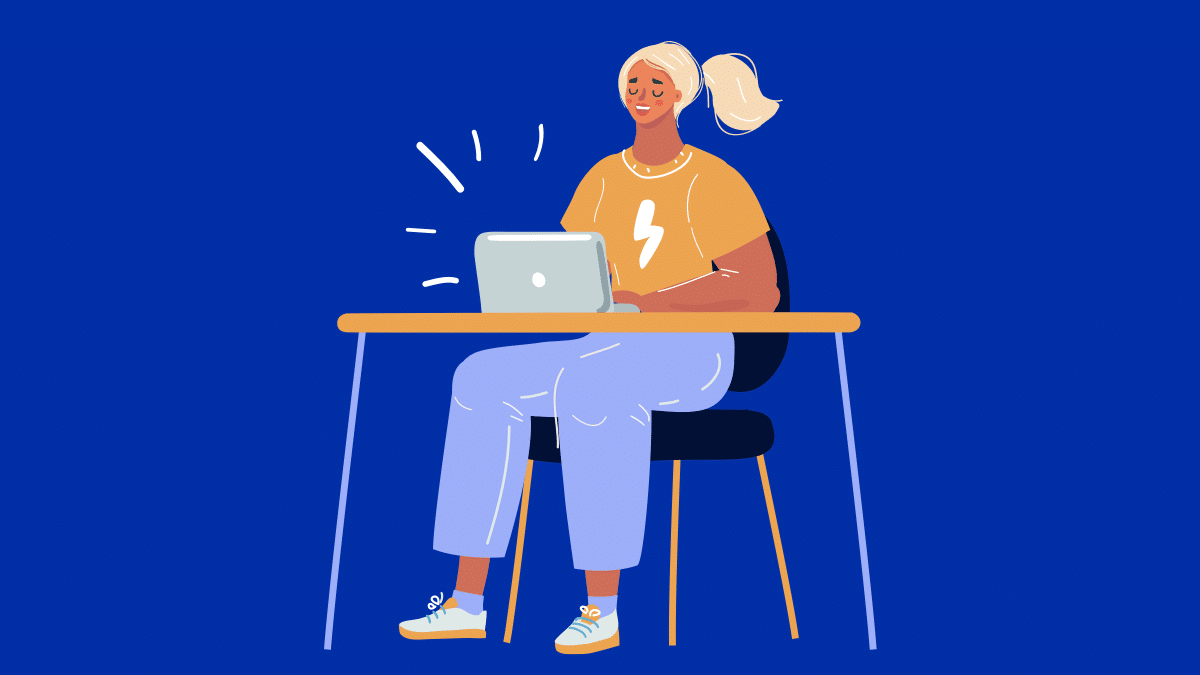If you live in the US, you’re probably familiar with Uber Eats and DoorDash as some of the biggest food delivery companies around.
Well, Mr. Delivery does pretty much the same thing—but its story is a little more unique. Sure, at first glance it’s your typical online ordering and food delivery service. And sure, it’s in over 30 American cities and processes thousands of orders every day through both its website and mobile app. All sounds pretty typical so far.
But Mr. Delivery’s founder is from Cape Town, South Africa. This is where it gets interesting.
👀 Does managing a small business need to be this hard? Nope. Learn from your peers and grab our eBook to dive into five small business success stories.
From South Africa to the United States
As his company grew, he wanted to find a way to give back to the community in his hometown. So he opened a customer center in Cape Town—and hired local residents. But an intercontinental operation like this, spanning thousands of miles and different time zones, needs the right tools to make everything run smoothly.
“To make that work, we needed high call quality between the US and Cape Town,” said Jasem Yousuf, Mr. Delivery’s Director of Operations.
Although the team in Cape Town was already using a cloud VoIP tool that they were hoping could grow with the company as the support team scale grew, it just didn’t work out.
“As we started to add more customer service representatives, we started to see the call quality really decrease,” Jasem explained. So off they went to look for other options.
And although call quality was important, the Mr. Delivery team also wanted something that would help the company keep up the awesome customer satisfaction it was providing.
“Can you hear me now?”
One of the biggest challenges that Mr. Delivery had with the old phone system was that it caused a lot of static and dropped calls, which lowered its customer satisfaction scores. “With RingCentral,” said Jasem, “Those quality issues were resolved.”
According to Jasem, ever since the Cape Town team moved over to RingCentral, customer satisfaction has gone up—and one big reason was because of RingCentral’s Live Reports.

Mr. Delivery’s team can get a full view of how they’re doing in one convenient QoS (Quality of Service) dashboard using RingCentral.
Now, with easy-to-understand dashboards that measure the overall customer experience and track how the customer service reps are doing, Mr. Delivery can:
- See how every agent is doing—especially during big events like holidays and soccer tournaments
- Create a coaching plan for reps who need it
- Keep an eye on how long people are on hold for or if any calls are missed
- Plan for peak call traffic hours when they need more agents available (and know when they can staff fewer people)
“With RingCentral’s QoS (Quality of Service) reports, we have analytics to drill down into each city to see how we can maximize our network to support heavy volume of calls,” says Jasem. “RingCentral has been a valued partner to Mr. Delivery.”
We’re excited to watch Mr. Delivery grow and make its way to even more continents!
🤯 You could save up to $400 an hour in IT costs.
Explore the RingCentral Advantage for small businesses:
💰 You can also use this calculator to see roughly how much your business could save by using RingCentral to support your team’s communications with clients or customers, and each other.
Originally published Mar 02, 2020, updated Jun 24, 2024




